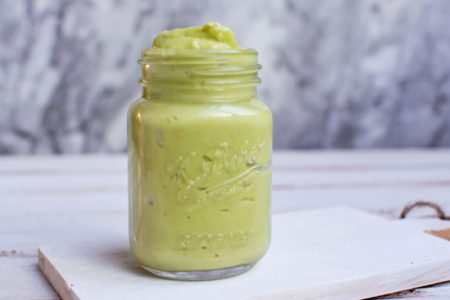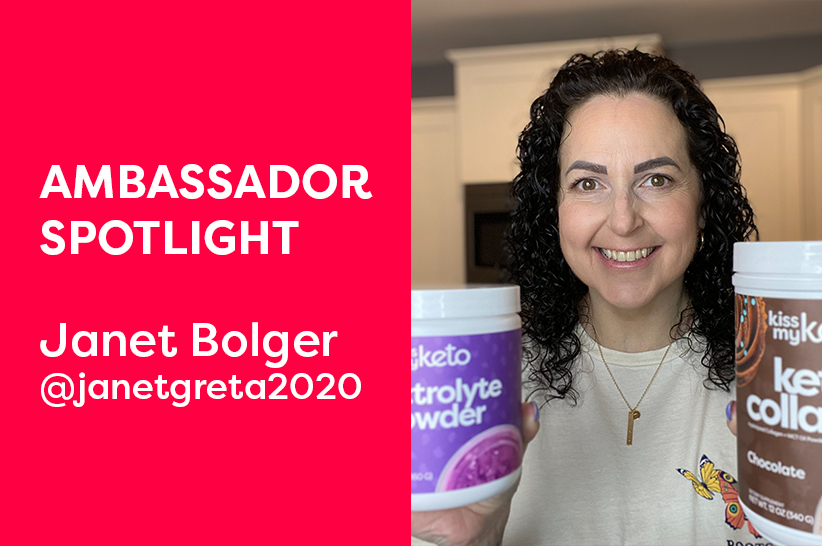Just started the keto and noticed your breath smelling kind of funky? Don’t worry, you’re not alone. Almost everyone starting this diet experiences ketosis breath.
Most describe this kind of breath as fruity or smelling of nail polish remover.
Ketosis breath happens for a couple of reasons, but rising ketone levels is the main culprit. Luckily, this problem is only temporary and goes away when you become keto-adapted. Still, you don’t want your social life to suffer just because you’re starting a keto diet.
To help you get through these bad breath days, consider our 6 easy solutions. These tips can help reduce and even mask ketosis breath the easy way. We’ll also explain why ketosis breath happens how long you can expect it to last.
Ketosis Breath Causes
Ketosis breath, also known as keto breath, is the bad breath you experience in the first weeks of a keto diet. Most describe ketosis breath as fruity and even smelling of acetone. Some also notice an ammonia type of smell on their breath. Keto breath is also often accompanied by a metallic taste in the mouth.
Ketosis Breath happens for two main reasons:
- Ketones being released through respiration.
- Too much protein in your diet.
Ketones
Ketosis breath primarily happens due to your body releasing ketones. When you first start a keto diet, your liver begins breaking down fatty acids and turning them into ketones.
The liver makes three types of ketones: acetone, acetoacetate, and beta-hydroxybutyrate (BHB). Of these three, acetone is the least abundant and most volatile. It is a byproduct of the metabolism of acetoacetate and BHB, and your body tries to get rid of through urine and breath.
Studies show that having acetone in your breath is a sure sign you are in ketosis 1. Research also shows that breath acetone levels directly correlate with the levels of BHB and acetoacetate in the blood 2. And while breath acetone is a good sign for someone starting a keto diet, it does cause an unpleasant, fruity smell.
Excess protein
The second reason for bad breath is eating too much protein. When you reduce your carb intake, you could unintentionally be eating more protein than your body can digest. When your body breaks down protein, it produces ammonia which it normally releases through urine 3.
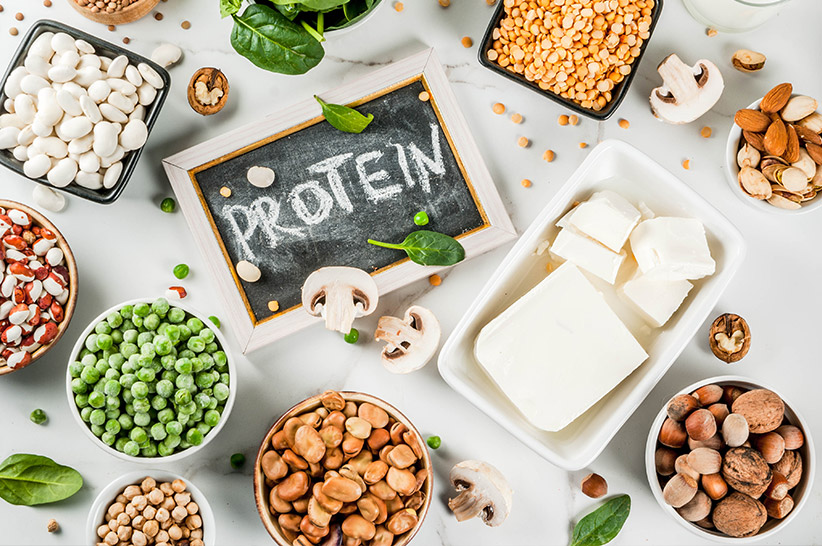
But when your body isn’t able to digest all the extra protein, it can result in bacteria fermenting that protein in the gut and the resulting ammonia being released through breath 4. In most cases, however, bad breath comes from the mouth.
If you eat lots or protein-rich foods, small particles get stuck between the teeth and mouth crevices where bacteria ferment them. The products of this bacterial fermentation are volatile sulfur compounds that cause that well-known “dragon breath.”
Not eating can also contribute to ketosis breath because it reduces saliva production. Saliva helps flush out mouth bacteria and food particles. It also balances out your mouth’s pH to prevent bacterial overgrowth. Saliva production is normally lowest when you sleep giving you bad breath in the morning.
How Long Will It Last?
You won’t have to deal with ketosis breath for too long. As your body goes from just being in ketosis to becoming keto-adapted, chances are bad breath will go away. The reason why this happens is because being keto-adapted results in lower blood ketones. Let’s explain this further.
To be keto-adapted means two things:
- Your body is efficiently using all the ketones it is making.
- Your body is using fat as its primary fuel.
When you are just entering ketosis, your body uses some of the ketones and some go to waste (i.e. they are excreted in urine and breath). But when you are keto-adapted, your body uses fatty acids to fuel the muscles and makes ketones to fuel the brain. This process is also known as fat-adaptation, and researchers have documented it since the 1980s 5.
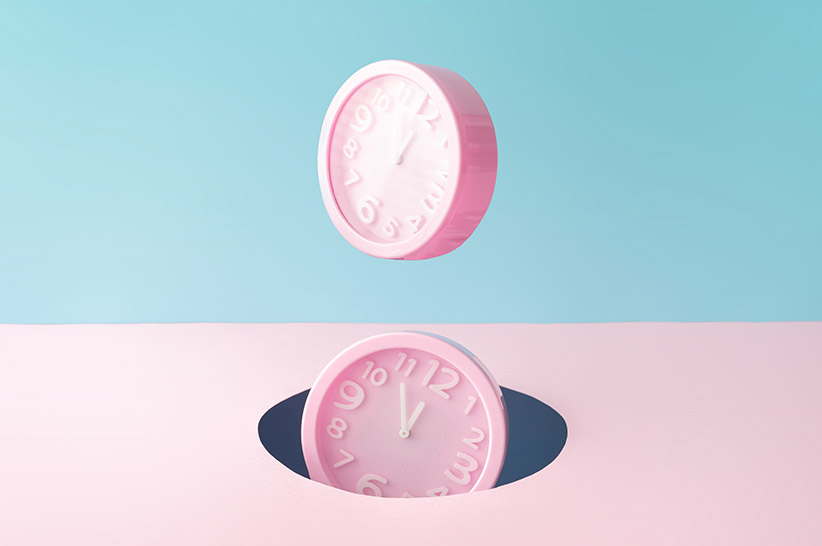
Fewer ketones in the blood also mean fewer ketones on the breath. Remember, the goal if the ketogenic diet is not just to boost ketone levels, but to turn you into a fat-burner. How long it takes for someone to become keto-adapted depends on their overall health and diet. However, you can expect ketosis breath to go away in about a week and last up to a month.
As time goes on, you will also learn how to correctly balance your macros. You’ll start eating less protein and more fat. This will also help you get rid of bad breath and other issues that can happen from too much protein in your diet.
6 Ways to Treat Ketosis Breath
While you wait for your body to finally adapt to the keto diet, there are a few things you can do to keep bad breath under control. Here are 6 simple and effective strategies to fight ketosis breath:
1. Chew some sugar-free gum
Keto breath from acetone released through the lungs is difficult to treat. No amount of brushing and flossing will get rid of it. However, you can try and mask it with some powerful peppermint chewing gum. Have a gum or two when you plan on spending time with people. You can also consider using a breath freshener.
Chewing gum also stimulates saliva production which is good for your oral health. One study even found that chewing gum boosts alertness 6. A different study shows that chewing gum reduces appetite 7 which is a plus if your keto goal is weight loss.
2. Eat less protein
If your breath is ammonia or sulfur-smelling, then reducing your protein intake will help. On a standard keto diet, a maximum of 30% of your daily calories should come from protein. For the typical 2,000 calories a day, that’s around 600 calories or around 150 grams of protein a day.
To know how much protein is ideal for you, use our Keto Calculator to get your daily macros. Your protein intake depends on how much you weight, your age, your sex, and your activity levels. Eating too much of it not only causes bad breath but can kick you out of ketosis because your body is able to turn protein into glucose.
3. Drink more fluids
Whether you are fasting or eating three meals a day, bacteria in your mouth can multiply and cause bad breath. This becomes especially prominent on a keto diet when you naturally start to lose appetite and eat less. The less you eat, the less saliva you produce and the drier your mouth gets.

To prevent dry mouth, it’s a good idea to drink water throughout the day. By doing this, you’ll also be flushing food particles and bacteria away. Staying hydrated also keeps your energy levels up while you fast or diet which is a definite bonus.
4. Cleanse more often
Yes, our first tip says that brushing doesn’t really help with ketosis breath. However, this only applies to that strong, rotting-fruit smell of acetone. If you are suffering from a case of dry mouth, brushing teeth after every meal makes a huge difference.
Besides that, you don’t need to be told twice that flossing is a must and that alcohol-free mouthwash also helps. We’re recommending alcohol-free because alcohol has a drying effect on the mouth. Mouthwashes kill bacteria in the mouth but also coat your teeth with fluoride to provide long-term antibacterial protection.
5. De-stress
Research shows that chronic stress is the leading cause of 75-90% of all illnesses 8. Bad breath is one of the many problems you get when you’re stressed. Stress reduces saliva flow, it slows down the digestion of proteins, it lowers your immune system, and it does many other things that can lead to bad breath.
Ever felt anxious and noticed your mouth becoming dry? That’s because anxiety causes acid reflux which, in turn, causes dry mouth. Keeping stress and anxiety at bay will not only prevent bad breath during your keto diet but also in the long-run.
6. Eat more carbs
The more ketones your body makes, the more acetone your body releases through breath. If you don’t want to walk around smelling of acetone, you could reduce your carb intake gradually. Studies show that reducing your carb intake gradually results in fewer side effects than when you drastically cut-out carbs 9.
You can also simply slightly boost your carb intake to reduce the number of ketones your body is releasing. You won’t necessarily stop ketosis by doing this; you will just be giving your body more time to adapt to the keto diet.
Conclusion
Ketosis breath is a common and embarrassing part of going keto. The only good thing about it is that it’s a sure sign you’re in ketosis. Luckily, it doesn’t last long for most and there are ways to reduce ketosis breath while your body is becoming keto-adapted.
Also, keep in mind that keto breath that smells like urine or rotten eggs is a good sign that you’re either eating too much protein or need to treat mouth dryness. These two things are also common issues of first-time keto dieters you need to take into account.
With all that in mind, follow our 6 simple tips to treat ketosis breath and also be patient. Ketosis breath doesn’t last forever. Once it’s gone and forgotten, expect to feel and smell better than before your diet.




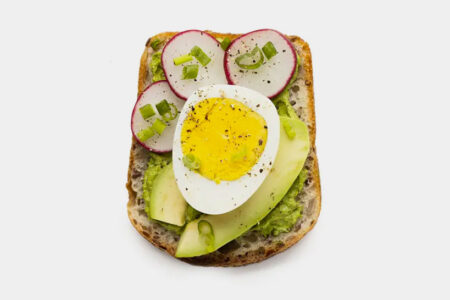
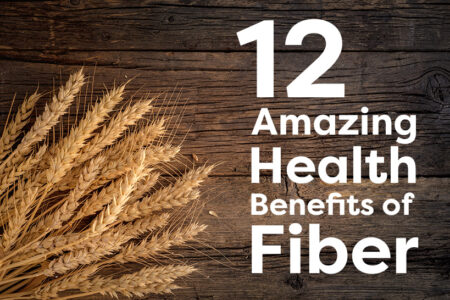


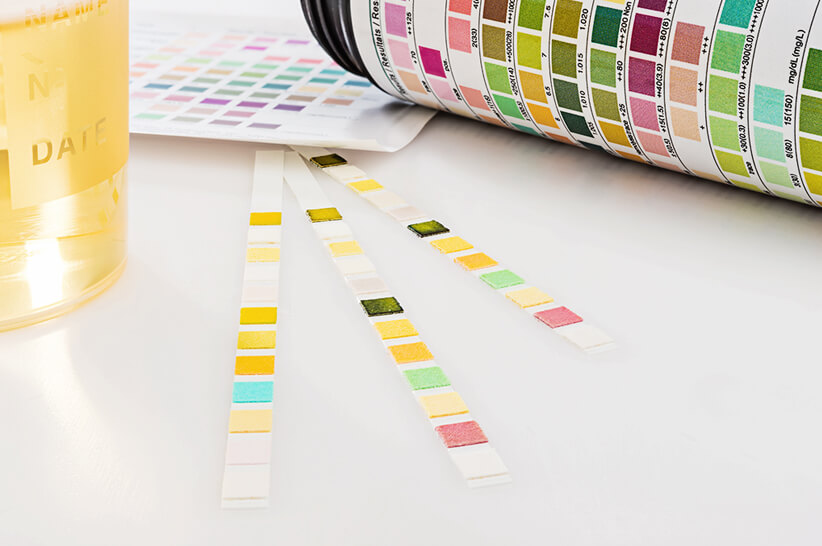

![Juicing for Weight Loss: Everything You Need to Know [Plus Recipes]](/wp-content/uploads/2019/08/Juicing-for-Weight-featured-image.jpg)



